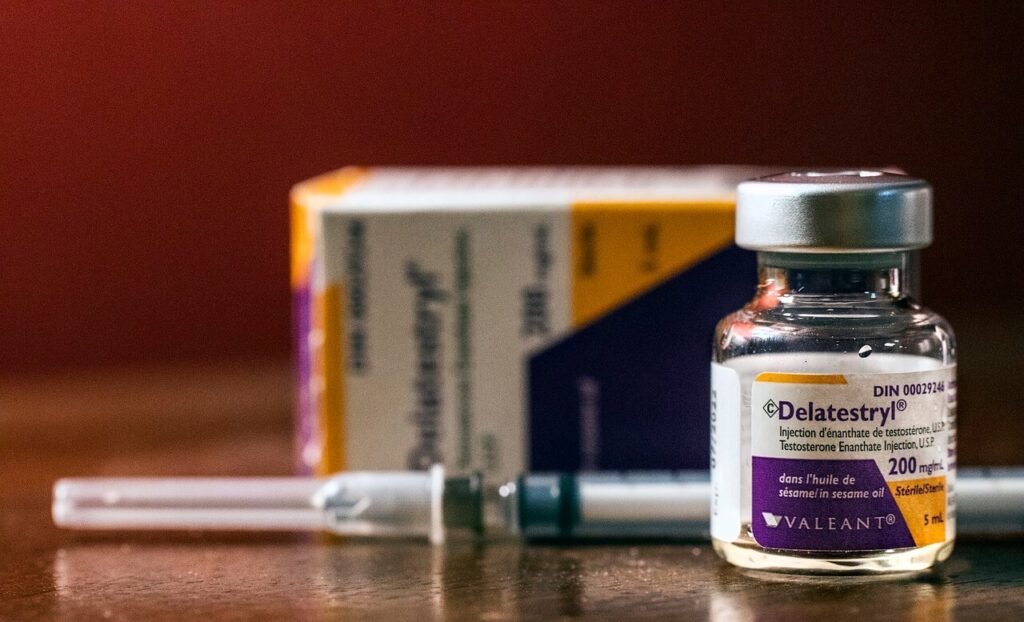Hey everyone, let’s talk about a crucial hormone that plays a big role in our bodies – testosterone. You might have heard about it in various contexts, but what exactly is it, and why is it so important? Let’s break it down in simple terms.
What is Testosterone?
Testosterone is a hormone primarily produced in the testes in men and in smaller amounts in the ovaries and adrenal glands in women. It’s often called the “male hormone,” but it’s important for everyone, regardless of gender.
Roles and Functions of Testosterone
- Development and Maintenance of Male Characteristics:
- During puberty, testosterone is responsible for the development of male characteristics such as increased muscle mass, deeper voice, and growth of facial and body hair.
- It continues to play a role in maintaining these features throughout adulthood.
- Sexual Health:
- In men, testosterone is crucial for the development of reproductive tissues like the testes and prostate.
- It drives libido (sexual desire) and is necessary for normal sperm production.
- Bone and Muscle Health:
- Testosterone helps in increasing muscle mass and strength.
- It also contributes to bone density, reducing the risk of osteoporosis as you age.
- Mood and Mental Health:
- Testosterone levels can impact your mood and mental health. Low levels of testosterone have been linked to mood swings, depression, and fatigue.
- General Health and Well-being:
- It affects the overall energy levels, helping you feel more vigorous and motivated.
- Testosterone also plays a part in fat distribution and the production of red blood cells.
Testosterone Levels
Testosterone levels can vary widely among individuals. They naturally fluctuate throughout the day, typically being highest in the morning. Levels also change with age, generally peaking during adolescence and early adulthood, and gradually declining as you get older.
Low Testosterone (Hypogonadism)
Sometimes, testosterone levels can fall below the normal range, a condition known as hypogonadism. Symptoms of low testosterone can include:
- Decreased libido
- Erectile dysfunction
- Fatigue and low energy levels
- Depression or mood swings
- Loss of muscle mass and strength
- Increased body fat
If you experience these symptoms, it’s a good idea to consult a healthcare provider. They can perform tests to check your hormone levels and discuss possible treatments if needed.
Boosting Testosterone Levels
If your testosterone levels are low, there are several ways to boost them:
- Healthy Diet: Eating a balanced diet rich in nutrients can support hormone production.
- Regular Exercise: Particularly strength training, can help increase testosterone levels.
- Adequate Sleep: Good quality sleep is essential for maintaining healthy testosterone levels.
- Stress Management: Chronic stress can lower testosterone, so managing stress through relaxation techniques can help.
Conclusion
Testosterone is a vital hormone that influences many aspects of health and well-being for both men and women. Understanding its functions and maintaining healthy levels can contribute to a better quality of life.
Thanks for reading, and feel free to share your thoughts or ask questions in the comments section below!
Also read about Estrogen!

